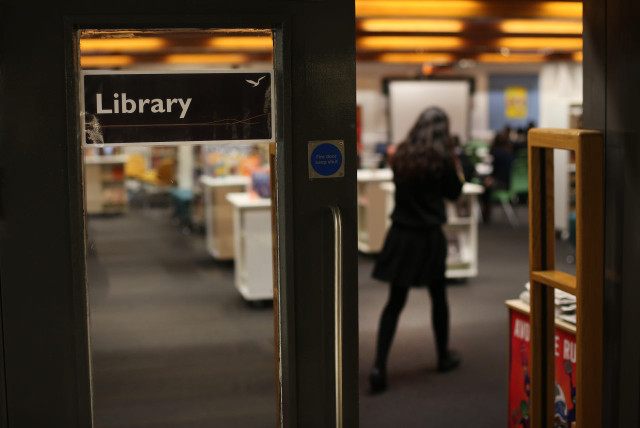University students are increasingly unable to read a whole book as they simply don’t have the concentration spans required, nor are they able to understand complex, nuanced arguments, academics have said.
Lecturers at leading British universities are having to actively encourage students to read beyond the set texts, and have noticed that students are increasingly unwilling to read whole texts. They say they believe internet culture is to blame, as young people nowadays are used to receiving arguments in the form of 800-1000 word articles. Anything beyond that, they say, is now proving too challenging.
“Incoming undergraduates have had their attention habits fashioned in a totally different world than that of those who are teaching them,” Tamson Pietsch, fellow in history at the University of Sydney told Times Higher Education (THE).
“This can lead to a clash of expectations and also of abilities on both sides of the equation. In many ways, incoming students absorb information quickly, they understand the power of images, and are adept at moving between different types of sources and platforms. They are perhaps less used to concentrating for long periods of time and working through the nuances of an argument developed over the course of many pages.”
Jenny Pickerill, professor in environmental geography at the University of Sheffield, said of full length books: “students struggle with them, saying the language or concepts are too hard.
“I recently had a student suggest an alternative book for a module I am teaching which they found easier to engage with. It was a good book, but it was not really academic enough and I am still unsure if that matters or whether I should be recommending more readable books.
“There is currently a disjuncture between the types of reading we want students to engage with and the types students feel able or willing to do.”
Jo Brewis, professor of organisation and consumption at the University of Leicester says she would like to see students reading more as “it would enable them to make more considered arguments in their coursework or examinations, and to demonstrate to us as assessors that they have considered the debates and controversies in the literature and arrived at reasoned conclusions on that basis”.
However, she concedes that, rather than pushing her students to fulfill those expectations, she accepts that “recommending whole books would be rather daunting” for them and therefore tends not to do it.
Indeed, her confession suggests that internet culture may not be totally to blame; it seems that students may be being let down by the poor expectations of teachers and lecturers themselves.
Staff at the THE have suggested that sixth form teachers ought to hand their students a recommended reading list for the summer before university as a way to ease students in to the rigours of reading long texts, and they asked a number of academics for suggested titles.
Kenneth Grahame’s whimsical children’s tale The Wind in the Willows (1908) was among the books suggested, as were liberal and feminist titles such as Danielle Allen’s Talking to Strangers (“it speaks directly to the current refugee crisis in Europe and failures to recognise the claims of others,” said its nominator), and Marilyn French’s The Women’s Room (1977).
More modern titles included Owen Jones’s The Establishment: And How They Get Away With It (2014) and Naomi Klein’s This Changes Everything: Capitalism v’s The Climate (2014).
Balzac’s Old Goriot (1835) and Wittgenstein’s Philosophical Investigations (1953) also made the list, but were dismissed as too challenging by Geoff Barton, head teacher a large comprehensive in Suffolk, who was asked to comment.
Balzac was deemed “utterly unreadable” by Barton, who prides himself on the school’s track record of getting students to university, while Wittgenstein was considered “woefully worthy”. To the latter he added: “Before university? Come off it.”

COMMENTS
Please let us know if you're having issues with commenting.